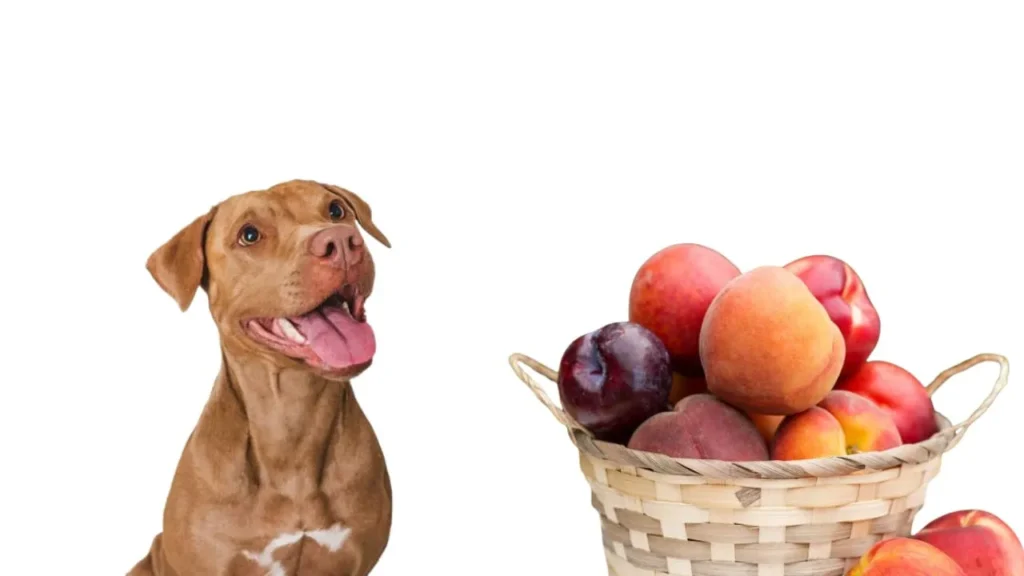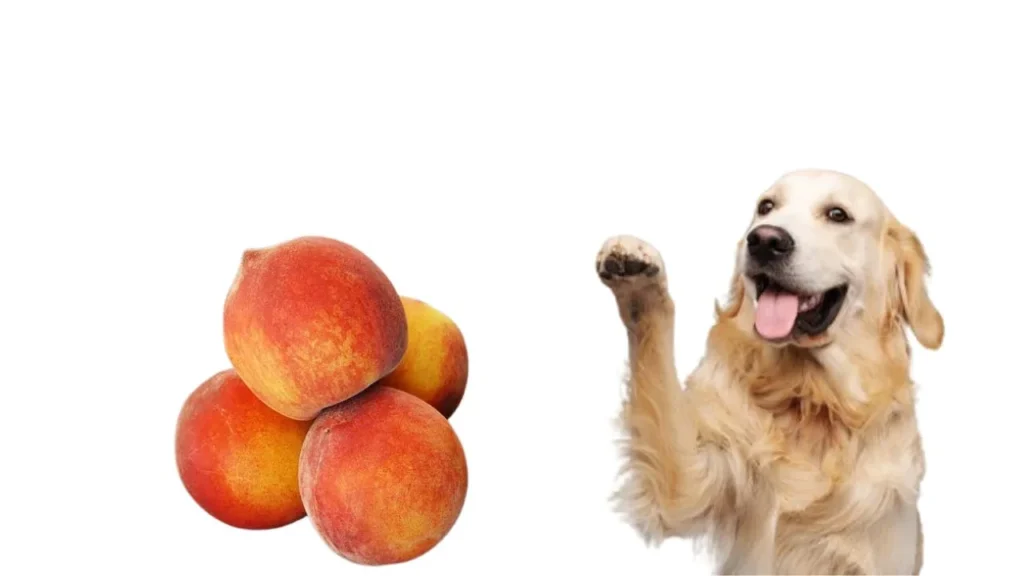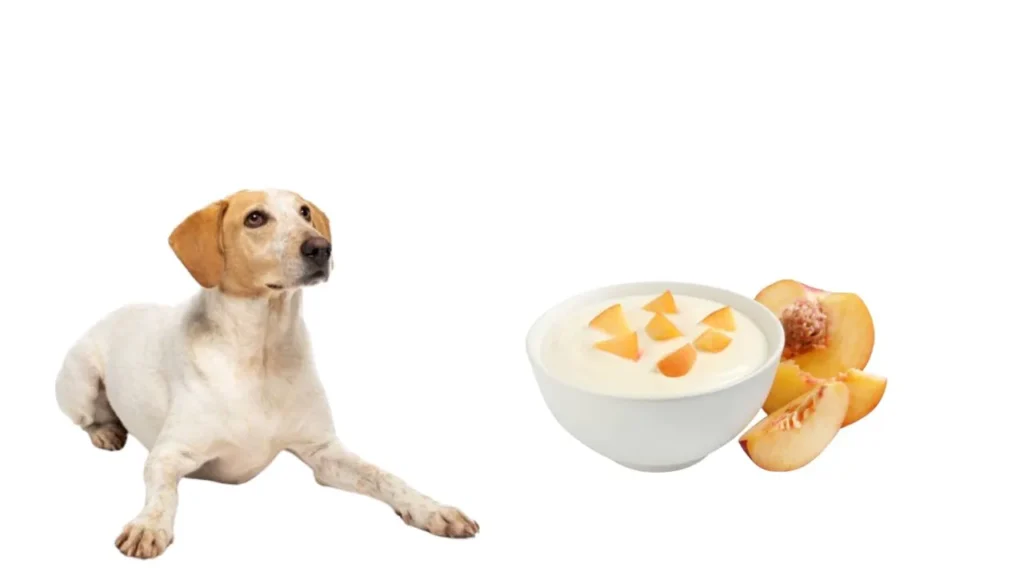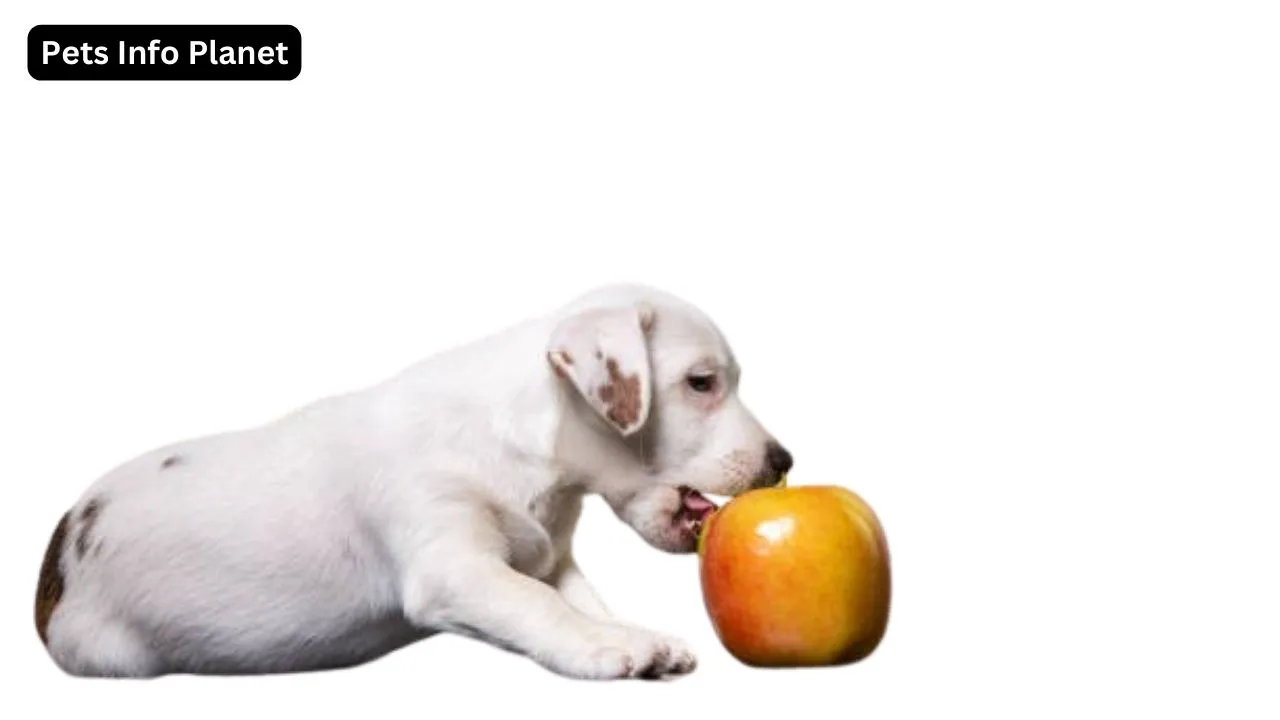Pet owners often navigate a labyrinth of dietary considerations in canine nutrition. Can dogs eat peaches? This inquiry bears significance, as responsible pet ownership hinges on a comprehensive understanding of suitable nutritional choices. Beauties, known for their succulent sweetness and vibrant flavour, beckon the curiosity of dog enthusiasts. However, the intersection of canine health and human indulgences requires scrutiny. In this exploration, we shall investigate whether peaches can be incorporated into a dog’s diet, unravelling the nutritional aspects and potential risks. So, with a discerning eye on your canine companion’s well-being, let us embark on the journey of solving the canine-peach conundrum.
Can Dogs Eat Peaches?
The question of whether dogs can safely consume peaches is a pertinent one rooted in the conscientious care of our cherished canine companions. Beauties, renowned for their delectable taste and nutritional richness, may entice pet owners to share this summertime fruit with their furry friends. While peaches offer certain health benefits, it is crucial to exercise caution. Dogs can enjoy the occasional indulgence of fresh peaches, provided they are meticulously prepared. Remove the pit, as it contains cyanide, a substance harmful to dogs, and serve only small, bite-sized portions to prevent any choking hazards.
Furthermore, the sugar content in peaches demands moderation, particularly for dogs with underlying health issues such as diabetes. Always consult a veterinarian before introducing new foods into your dog’s diet, ensuring that such additions align with their nutritional requirements. By approaching the prospect of offering peaches to your canine companion with informed discernment, you can strike a harmonious balance between culinary delights and responsible pet care.
Can Dogs Eat Peaches And Nectarines
Navigating canine dietary choices and whether dogs can safely partake in peaches and nectarines warrants careful consideration. Both fruits offer a tempting blend of sweetness and nutrients, but precautions are imperative. Dogs can enjoy these stone fruits’ occasional, well-prepared serving sans pits to avert cyanide exposure. However, moderation is vital, given the natural sugars involved. Prioritize ripe, fresh slices in bite-sized portions, and always consult with a veterinarian to align such dietary additions with your dog’s specific health profile. With mindful choices, these fruits can be a flavorful supplement to a well-balanced canine diet.
Can Dogs Eat Peaches In Syrup
Dogs can safely consume peaches in syrup, unveiling a nuanced perspective on canine nutrition. While peaches can be a permissible treat for dogs when prepared thoughtfully, introducing syrup complicates matters. Syrup often contains added sugars and preservatives that may prove detrimental to canine health. Excessive sugar intake can lead to obesity and dental issues and exacerbate conditions such as diabetes in dogs. Additionally, artificial additives pose potential risks.
Moreover, the high syrup content may contribute to gastrointestinal upset or other complications. When contemplating sharing this indulgence with your canine companion, it is paramount to err on the side of caution. Opt for fresh, ripe peaches in moderation, and consult with a veterinarian to ensure that your dog’s dietary needs align with such treats, fostering a balanced and health-conscious approach to canine nutrition.
Can Dogs Eat Peaches Skin
In the realm of canine dietary considerations, dogs can consume peach skin, adding complexity to the discourse on responsible pet nutrition. While the flesh of a peach is generally deemed safe for dogs in moderation, the skin requires careful consideration. Peach skin may harbour pesticides or residues that could harm canine health. The fuzzy texture may also pose a choking hazard or lead to digestive discomfort. Therefore, when contemplating offering peaches to your dog, peeling the fruit and serving only the succulent flesh is advisable. This precautionary measure mitigates potential risks associated with skin ingestion and aligns with a prudent approach to safeguarding your canine companion’s well-being. As always, consult your veterinarian to tailor such dietary choices to your dog’s specific health needs, ensuring a harmonious balance between canine delight and responsible pet care.
Can Dogs Eat Peach Yogurt
Addressing the prospect of dogs consuming peach yoghurt necessitates a discerning approach to canine nutrition. While plain yoghurt, in moderation, can offer probiotic benefits for dogs, the introduction of peach flavouring warrants caution. The added sugars and artificial components in flavoured yoghurts can harm a dog’s health, potentially leading to obesity or digestive issues. Moreover, lactose intolerance in some dogs may be exacerbated with dairy-based products. Before sharing any yoghurt variant with your canine companion, it is prudent to opt for plain, unsweetened yoghurt in small quantities and consult with your veterinarian to ensure compatibility with your dog’s individual dietary needs.
Can Dogs Eat Canned Peaches
Contemplating the inclusion of canned peaches in a canine’s diet prompts a careful examination of potential implications. While dogs can consume peaches in moderation, canned varieties introduce additional considerations. Canned peaches often contain syrup or sweeteners, which can harm a dog’s health due to their high sugar content. Moreover, preservatives and additives may pose risks. Opting for fresh, unsweetened peaches, prepared in bite-sized portions, ensures a safer indulgence for your canine companion. As always, consulting with a veterinarian before incorporating new elements into your dog’s diet remains paramount, promoting a reasonable balance between culinary treats and responsible pet care.
Can Dogs Eat Frozen Peaches
Exploring the canine culinary landscape, the inquiry into the safety of frozen peaches for dogs demands a nuanced perspective. When prepared with prudence, frozen peaches can serve as a refreshing and potentially nutritious treat for our four-legged companions. However, moderation is vital, as the icy texture may challenge some dogs, particularly those with dental sensitivities. Remove pits to avert potential hazards, and moderate frozen peach slices. Consulting with a veterinarian ensures that such chilly indulgences align with your dog’s specific dietary needs, fostering a balanced and health-conscious approach to integrating frozen peaches into their culinary repertoire.
Are Peaches Good For Dogs
1. Nutritional Benefits:
Peaches can offer certain nutritional benefits when introduced cautiously into a dog’s diet. Rich in vitamins A and C and dietary fibre, peaches contribute to overall canine health. These vitamins support immune function and promote healthy skin and coat. Additionally, the fibre content aids in digestion, potentially alleviating constipation issues in dogs. However, serving peaches in moderation and without the pit is crucial, as the hole contains cyanide, which can harm dogs.
2. Potential Risks:
Despite the nutritional advantages, pet owners must be aware of potential risks associated with feeding peaches to dogs. The pit, if ingested, can lead to gastrointestinal blockages or pose a choking hazard. Moreover, the sugar content in peaches demands moderation, especially for dogs with diabetes or weight concerns. Allergic reactions are rare but possible, underscoring the importance of introducing new foods gradually and monitoring for any adverse effects.
3. Preparation and Serving Tips:
When incorporating peaches into a dog’s diet, meticulous preparation is essential. Peeling the fruit and removing the pit are imperative steps to ensure the safety of canine consumption. Offering fresh, ripe peaches in small, bite-sized portions minimizes the risk of choking and facilitates easier digestion. Alternatively, frozen peach slices can provide a refreshing treat during warmer seasons, with careful attention to potential dental sensitivities.
4. Consultation with Veterinarian:
Consulting with a veterinarian is advisable before integrating peaches into a dog’s regular diet. This professional guidance ensures that dietary choices align with the individual health needs of the dog, considering factors such as age, weight, and any pre-existing health conditions. A veterinarian can offer tailored recommendations, fostering a balanced and informed approach to incorporating peaches into a canine’s nutritional regimen.
Are Peaches Healthy For Dogs
1. Nutritional Benefits:
When introduced thoughtfully, Peaches can be a healthy addition to a dog’s diet. Packed with essential vitamins, particularly vitamins A and C, and dietary fibre, peaches contribute positively to a dog’s overall well-being. Vitamin A supports vision and immune function, while vitamin C is an antioxidant, promoting healthy skin and aiding in iron absorption. The dietary fibre in peaches helps digestive health, potentially alleviating constipation issues in dogs. However, it’s crucial to recognize that while peaches offer nutritional value, they should be served in moderation to prevent potential adverse effects.
2. Cautionary Considerations:
Despite their nutritional benefits, caution must be exercised when offering peaches to dogs. The pit of the peach contains cyanide, which can be toxic to dogs if ingested. Therefore, removing the hole before serving peaches to canine companions is imperative. Additionally, the sugar content in peaches necessitates moderation, particularly for dogs with diabetes or weight concerns. As with any new food introduction, monitoring for any signs of allergies or gastrointestinal upset is advisable.
3. Preparation and Guidelines:
To safely incorporate peaches into a dog’s diet, meticulous preparation is critical. Peeling the fruit and serving it in bite-sized, manageable portions ensures easier digestion and minimizes the risk of choking. Frozen peach slices can offer a refreshing treat, especially during warmer months. However, consulting a veterinarian before incorporating peaches into a regular diet is crucial. This professional guidance considers the dog’s individual health profile, ensuring a balanced and tailored approach to integrating peaches as a healthy and occasional treat in the canine diet.
How Many Peaches Can Dogs Eat
Determining the appropriate quantity of peaches for dogs involves balancing nutritional benefits and potential risks. As a general guideline, peaches should be offered in moderation, with recommended serving sizes based on a dog’s size. Below is a table outlining suggested portions:
| Dog Size | Suggested Peach Serving Size |
|---|---|
| Small (up to 10 lbs) | 1-2 slices or tablespoons |
| Medium (11-25 lbs) | 2-4 slices or tablespoons |
| Large (26-50 lbs) | 4-6 slices or tablespoons |
| Extra Large (50+ lbs) | 6-8 slices or tablespoons |
Removing the pit and serving fresh, ripe peaches in bite-sized portions is crucial to mitigate potential choking hazards. Additionally, monitoring for any adverse reactions and consulting with a veterinarian can ensure that the quantity aligns with the specific health needs of the individual dog.
Continue Reading
Can Dogs Eat Pumpkin: Comprehensive Guide For Dogs
Can Dogs Eat Potatoes– Comprehensive Guide
Can Dogs Eat Cucumbers: Comprehensive Guide For Dogs
Conclusion
In conclusion, the inquiry into whether dogs can eat peaches necessitates a delicate balance between culinary delights and responsible pet care. While beauties offer nutritional benefits, such as vitamins A and C and dietary fibre, pet owners must exercise caution due to potential pit and sugar content risks. Meticulous preparation, moderation, and consultation with a veterinarian are pivotal in ensuring a harmonious integration of peaches into a dog’s diet. By approaching this canine-peach conundrum with informed discernment, pet owners can strike a balance that promotes both the well-being of their cherished companions and the joy of culinary exploration.

